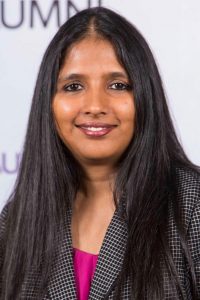Our first Physics 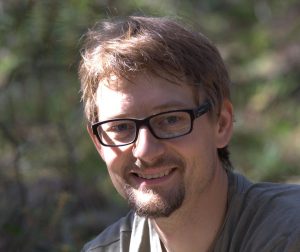 Colloquium for 2021 will take place on Friday, February 19th. We will have a presentation to be given by Otso Ovaskainen, a renowned expert in ecological modelling.
Colloquium for 2021 will take place on Friday, February 19th. We will have a presentation to be given by Otso Ovaskainen, a renowned expert in ecological modelling.
Otso Ovaskainen is Professor of mathematical and statistical ecology at the University of Jyväskylä, starting from the beginning of this year. He has previously worked at the University of Helsinki since 2009. He is the leader of the LIFEPLAN project, funded by an ERC Synergy grant, which aims at mapping global biodiversity, and was granted an Academy Professor position in 2021. His work focuses on ecological research, using mathematical and statistical methods to better understand the dynamics of ecosystem.
In his colloquium, titled A planetary inventory of life – a new synthesis built on big data combined with novel statistical methods, Otso will talk about his current projects using big data and mathematical methods to better understand biodiversity.
The event will be held on Friday 19.02.21 at 14:15, on Zoom (Meeting ID: 616 8515 5291 – Passcode: 338747).
Here is his abstract:
Traditional methods of detecting species are being increasingly replaced by semi-automated methods based on DNA barcoding, camera-traps, bioacoustic monitoring, and other such methods. This has created unprecedented potential for advancing our understanding of nature, but at the same time provides major challenges for data processing and interpretation for two reasons. First, there is the need for converting the information collected by automated samplers to the basic currency of biodiversity analysis: species-level occurrence and/or abundance. Second, current statistical techniques are inherently unsuitable for application to massive scales, both in terms of their underlying assumptions and in terms of their computational performance. I present pilot results of the ERC-synergy project LIFEPLAN (2020-2026) that samples biodiversity at spatial scales covering six orders of magnitude (from 100 m to the global scale of 10000 km) and develops new bioinformatic, statistical and mathematical methods for big ecological data. I show that sampling fungal DNA from the air, arthropod DNA with Malaise traps, birds with autonomous recorders, and mammals with camera-traps provides a highly cost-efficient method for large-scale biodiversity surveys. The pilot results reveal previously undiscovered spatial and temporal patterns in the distribution of global biodiversity, both for its previously known and unknown components.
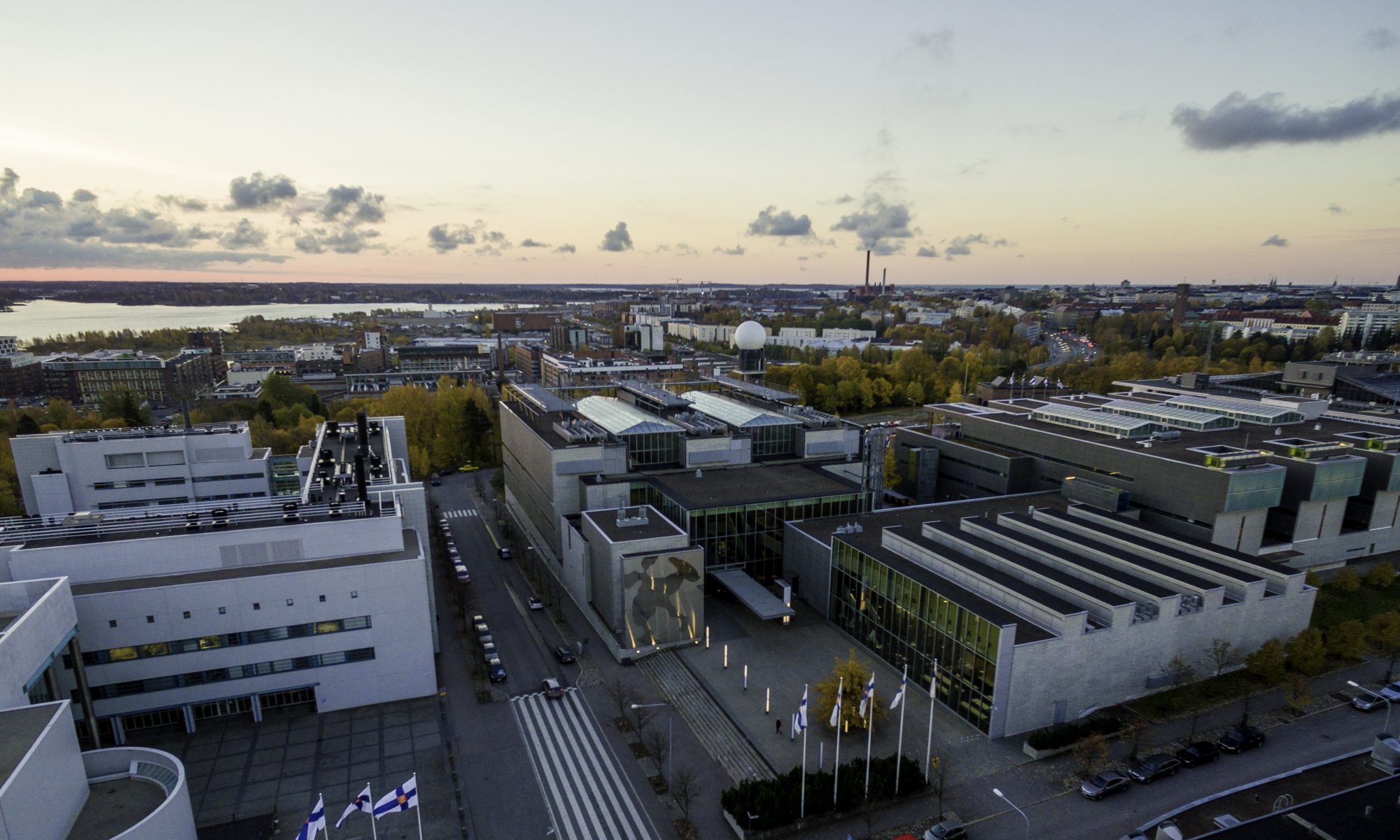
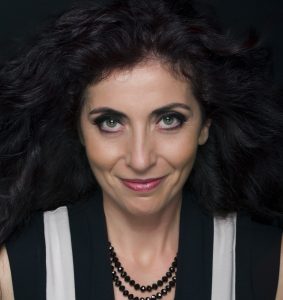 Our last online Physics Colloquium for the Autumn 2020 season will take place on Friday, December 18th. We will have an inaugural lecture to be given by a new professor in our Department, Sabrina Maniscalco, who is a world-renowned expert in Quantum Technologies.
Our last online Physics Colloquium for the Autumn 2020 season will take place on Friday, December 18th. We will have an inaugural lecture to be given by a new professor in our Department, Sabrina Maniscalco, who is a world-renowned expert in Quantum Technologies.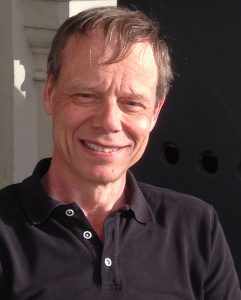 sics Colloquium will take place on Friday, November 27th. We will have a presentation to be given by Christer Fuglesang.
sics Colloquium will take place on Friday, November 27th. We will have a presentation to be given by Christer Fuglesang.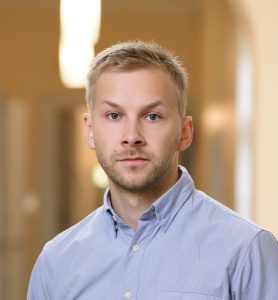 sics Colloquium of the new academic year, we will have a presentation to be given by Joonas Nättilä. In his colloquium, entitled Astrophysical turbulence: from stirring coffee to illuminating black holes, Joonas will give an overview on how supercomputer simulations can help shed new light on astrophysical turbulence.
sics Colloquium of the new academic year, we will have a presentation to be given by Joonas Nättilä. In his colloquium, entitled Astrophysical turbulence: from stirring coffee to illuminating black holes, Joonas will give an overview on how supercomputer simulations can help shed new light on astrophysical turbulence.